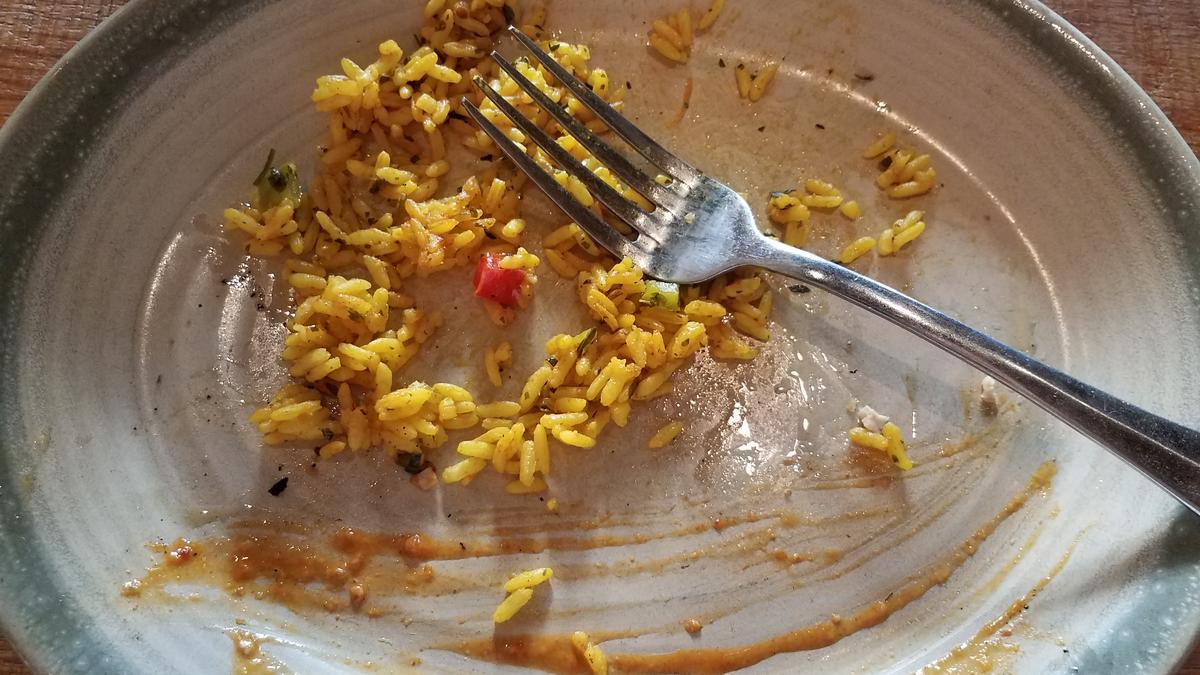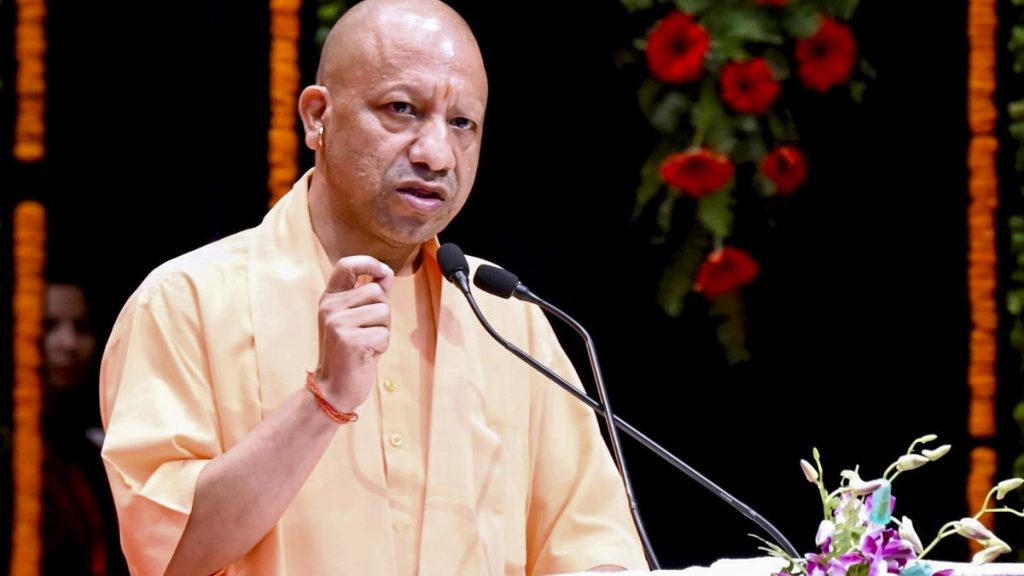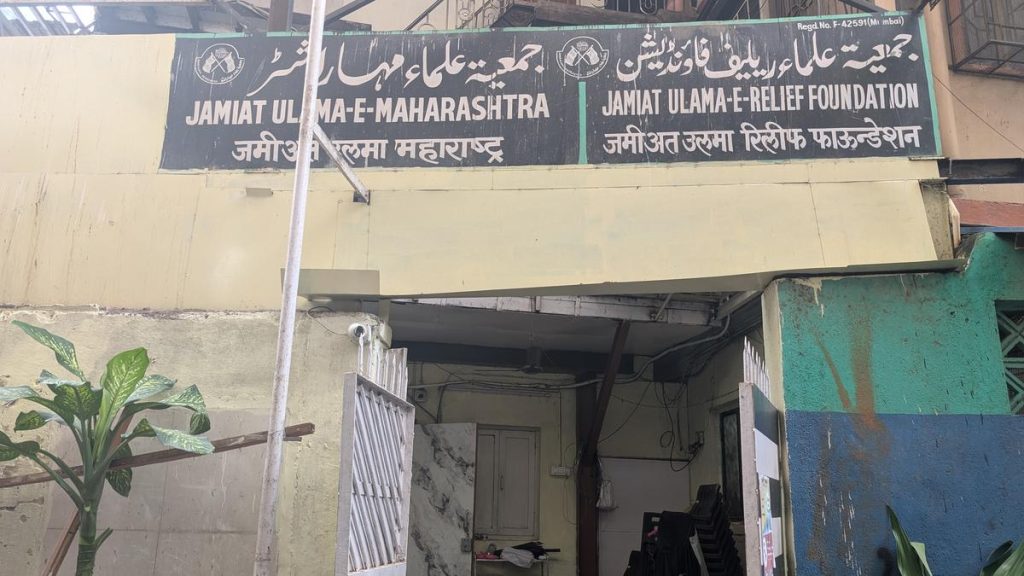Now Reading: Missed Opportunities: A Delayed Start to the Challenge
-
01
Missed Opportunities: A Delayed Start to the Challenge
Missed Opportunities: A Delayed Start to the Challenge

Quick Summary:
- Indian societal norms often prioritize men’s dietary preferences, influencing women’s eating habits. This trend is deeply rooted in patriarchy, wiht many women eating leftovers or being served last.
- A 2011 India Human Advancement Survey revealed that approximately one-quarter of households expect women to eat after men have finished, frequently enough leading to suboptimal nutrition.
- Research finds that such practices contribute to higher malnourishment rates among women compared to men according to the Maharashtra Health department. Maternal health tends also to be narrowly viewed through pregnancy and childbirth perspectives, overlooking broader nutritional needs for women and girls.
- Efforts exist to challenge such conventions: the Rajasthan Nutrition Project aimed at family meal-sharing in 2015; individual resistance strategies like food portion control by south Asian women were observed by researcher Punita Chowbey (2017). Community gestures like at Kadamakudy Film Festival made dining inclusive in thoughtful ways this year.
Indian opinion Analysis:
India’s ingrained gender dynamics concerning food serve as a microcosm of larger societal inequalities affecting women’s overall well-being-in terms of both health and social autonomy within families. The cultural expectation for women to cater primarily or exclusively to men’s preferences risks perpetuating malnutrition statistics disproportionately impacting females across age groups while reinforcing inequities as normative behavior irrespective even progressive setups neutrally measured/historicization contrast participatory inclusion fewer exceptional emerging contexts future-shaping viability rational considered holistic solutions tackling systemic structural determinantsaid discussions nutrition equity aligns actionable national health/related policy reform stakeholderssurfacing ensuring addressed seriousness sustained pathways towards healthier equitable outcome environments inherently carry empowerment attached functional perspective long-term generational disruptions gendered imbalances ultimately universally beneficial collective society shared growth-related ecosystem widepositive impact ideally envisioned transformative resetting bounds/structure-dynamics parameters aspirations participations partnerships caring quality thereof overarching sacrosanct linearity equals center mutual shared crossable empower pathway
Read More: The Hindu






















